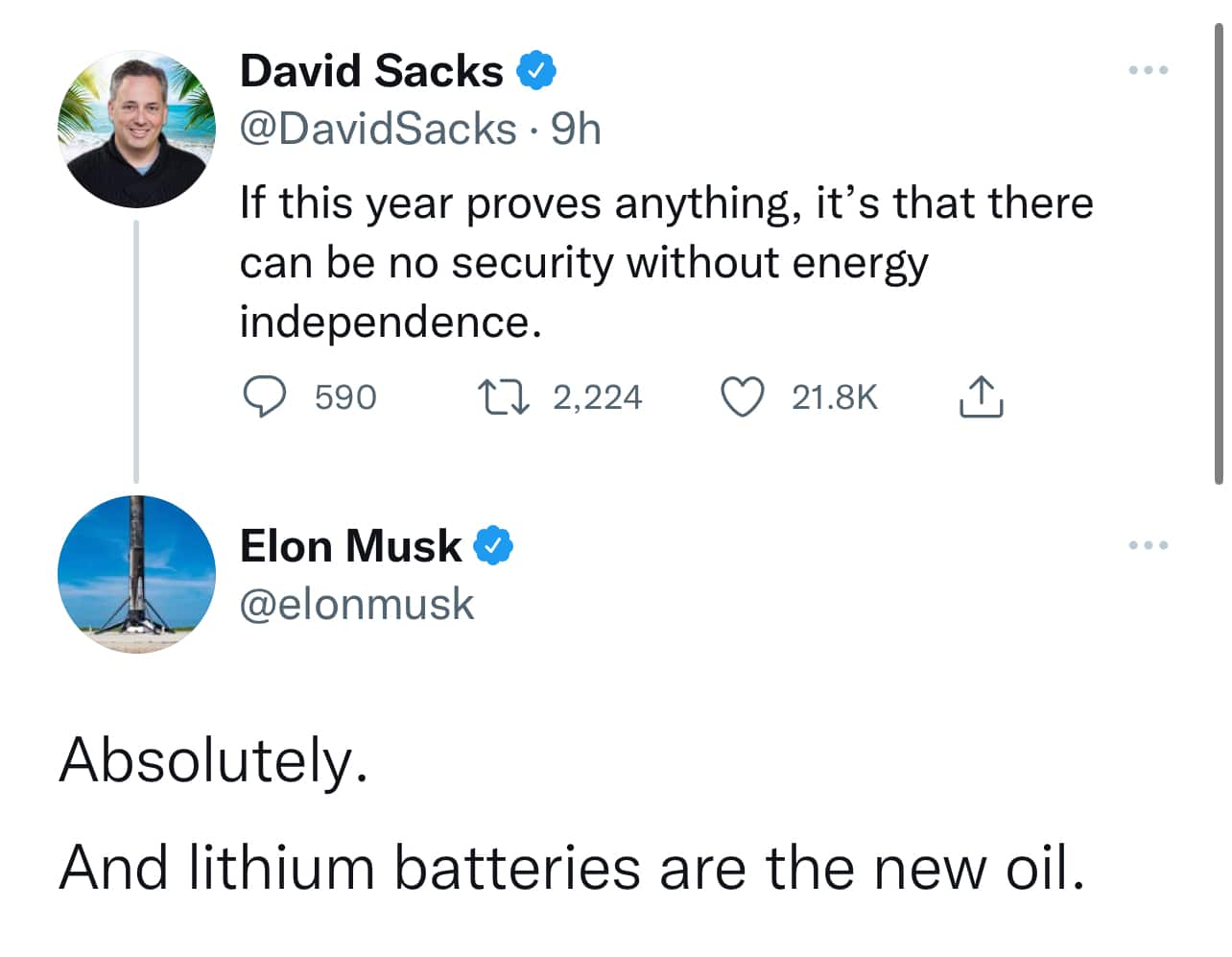



Ola Electric recently announced that it had managed to do what no other EV maker in the country had: develop its very own lithium-ion battery cell from scratch. The brand showcased a cylindrical device, bearing the Ola name and stated that it intends to commence mass production of locally manufactured and engineered li-ion cells by 2023. This may be one of the many tall claims by the brand that may or may not see fruition in the near future, but it does throw light on what might just be the need of the hour when it comes to EVs: large-scale lithium-ion cell manufacturing.
At present India imports 100 percent of its lithium-ion batteries, either as cells or as battery packs, the latter being sold exactly as is, after passing a few government-mandated torture tests. Others use the imported cell to develop their own battery packs, including Ather Energy, which has subjected its flagship scooter, the 450X to 203 tests. Bottomline: control over the components of battery packs and lithium-ion batteries themselves allows manufacturers to better engineer a product to suit the local climate and environment.

Ola Electric CEO Bhavish Aggarwal took to Twitter to reaffirm what is a commonly held notion: that locally manufacturing lithium-ion battery cells is integral to producing EVs at the speed and scale which would allow India to be a major manufacturing hub for EVs. India’s lithium-ion battery requirements are presently met almost entirely by China, Taiwan and Europe with batteries accounting for anywhere between 40-50 percent of the overall EV cost. At present, battery cells and lithium-ion batteries attract 18 percent GST, unlike EVs as a whole which attract only 5 percent GST. After a draft proposal was sent by NITI Aayog, the Union government is considering lowering the GST slab on EV batteries to 5 percent, and is likely to implement the move very soon. Which means that even the vast majority of the existing EV makers will be able to sell their EVs at a considerably lower cost. So, why is Ola keen to get into battery cell manufacturing at this stage, even before its FutureFactory has managed to hit full production capacity?
According to Ather Energy Co-founder and CTO Swapnil Jain, the process of local battery manufacturing requires a very thorough and calculated approach and is something that Ather experimented with years ago. “Lithium-ion manufacturing is a different ball game altogether. Even if we’re doing it, it probably makes sense to do it with a partner. Making a cell in a laboratory, though we’ve never spoken about it, we’ve done it five years ago. It’s a very different thing to make one cell in a lab and scale it up to make millions of cells and ensure the quality. And then figuring out the supply chain for the same. It’s capital intensive and a different industry altogether. Best done with a partner to be able to do it right the first time.”
So why get into it at all? Up until now even EV giants like Tesla rely on partners like Panasonic, CATL and LG to supply the brand with batteries worldwide. However, that’s likely to change very quickly. For starters, the rising costs of lithium, cobalt and nickel has hampered the EV supply chain globally. And for a country like India, the only way towards meeting the growing demand for EVs is via localised cell manufacturing. “At present one in 10 scooters in India is electric. We could have gone up to 16 percent had there not been a supply chain issue” says Jain. Even Tesla CEO Elon Musk has recently stated that Tesla will need to get into engineering its own battery chemistry. Musk recently stated that the EV industry needs to focus more on the battery supply chain and sees potential in manganese-based cathode. According to Reuters, Musk announced in late 2020, that Tesla aims to halve the costs of the EVs by producing its own batteries. Soon after Musk announced that he would not be bringing Tesla to India, his floor plan for the immediate future became clearer with reports of Musk heading to Indonesia, not because of the size of its EV market but because the country possesses vast lithium and nickel reserves.

Then there’s the fact that several imported battery packs aren’t designed or tested keeping in mind the challenges posed by India’s road conditions and temperature extremes. Bengaluru-based start-up Log9, despite not benefitting from the government’s PLI scheme to boost EV battery manufacturing, is keen on producing “battery technologies ground-up in India specific to tropical world conditions”, according to co-founder and CEO Akshay Singhal (as told to Forbes India).
At present only four firms out of ten have been selected by the government to avail its Rs 18,000 crore PLI scheme to promote localised battery technology. Reliance New Energy Solar, Ola Electric Mobility, Hyundai Global Motors and Rajesh Exports have made the cut, with the aim of collectively providing 50 GWh of battery manufacturing capacity. While battery making giants like Panasonic, LG and CATL are yet to show an interest in manufacturing batteries or partnering up with Indian OEMs, the OEMs themselves are surging ahead with plans to localise cell chemistry. Tata Motors is collaborating with its sister concern Tata Chemical which already has a 127-acre plot in Dholera, Gujarat earmarked for a large-scale, battery manufacturing gigafactory.
Even Maruti Suzuki, which has thus far shown great reticence towards entering the EV game, will no doubt benefit from the joint venture between Suzuki Motor Corp, Denso and Toshiba which will result in another Gujarat based lithium-ion battery manufacturing hub, this one in Maruti Suzuki Supplier Park near Ahmedabad. Other brands like Exide and Amara Raja have also announced plans to localise cell manufacturing, even though they did not qualify for the government’s PLI.
India might be on war footing when it comes to lowering its oil import bill, but its lithium-ion battery imports are also a cause for concern. In the April-November period of the financial year 2019-20, India imported 450.3 million units of li-ion batteries. For true energy independence, safer and cheaper EVs, for total parity between EVs and ICE vehicles, local cell manufacturing is the only way forward.
Discover the latest Business News, Sensex, and Nifty updates. Obtain Personal Finance insights, tax queries, and expert opinions on Moneycontrol or download the Moneycontrol App to stay updated!
Find the best of Al News in one place, specially curated for you every weekend.
Stay on top of the latest tech trends and biggest startup news.